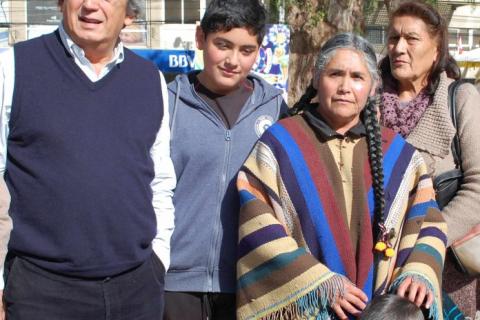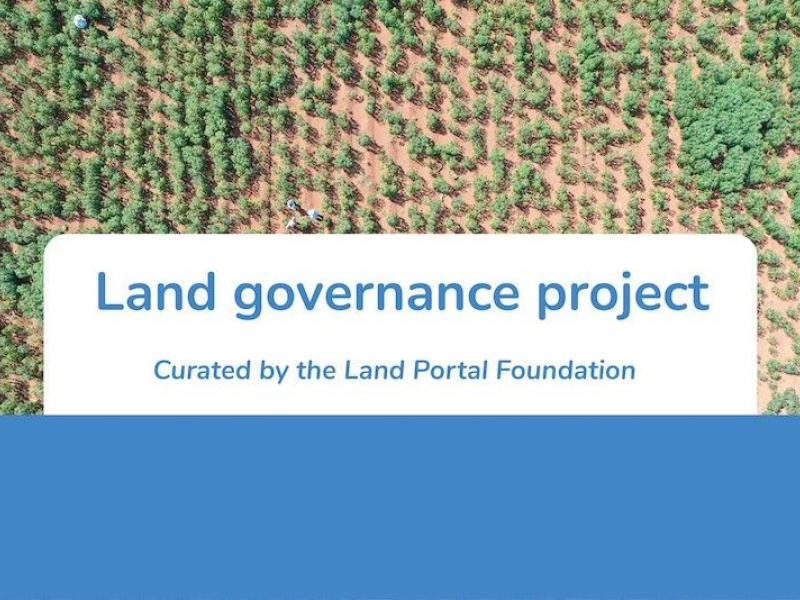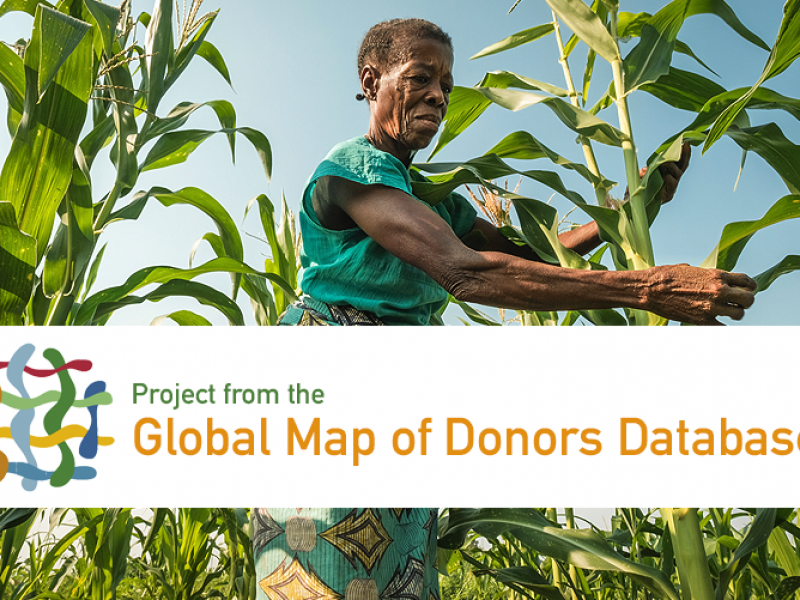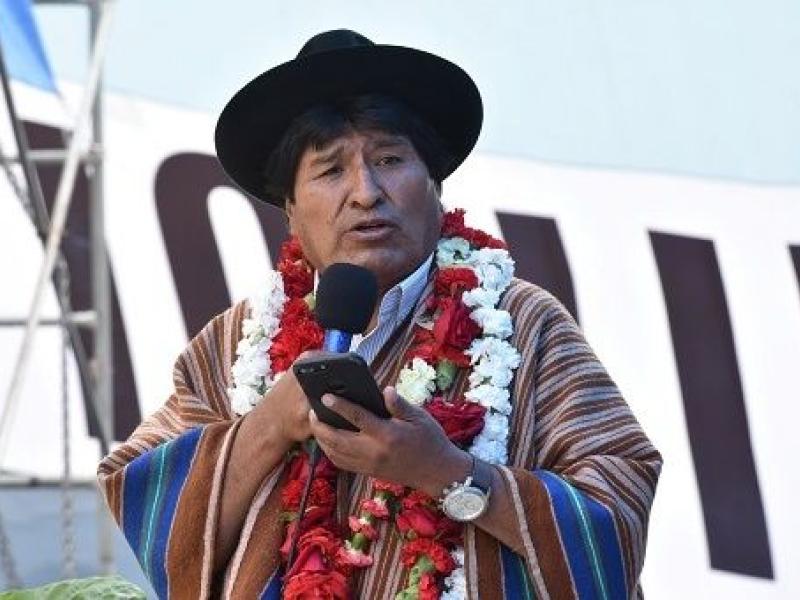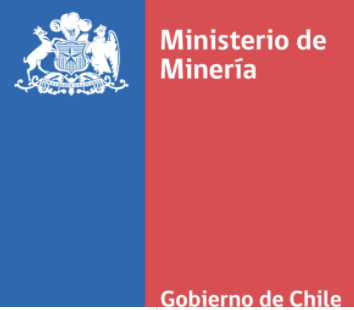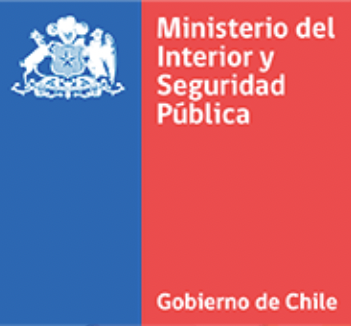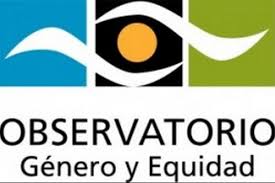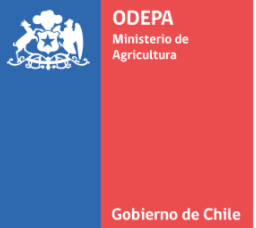In the last two years, Chile’s history has been marked by the debate to reform its national Constitution. Land rights, environmental protection and water management were key topics on the agenda. One of the most significant aspects of this process was the participation of indigenous peoples in the Constitutional Convention, which was presided by an indigenous woman, Elisa Loncón. But the constitutional proposal was rejected in a referendum in September 2022. The prospects for land rights reform in the near future are minimal.
Socio-economic indicators
browse all
Land Area
74,353,200 ha
GDP/Capita
25,449.1 USD
Total population
19,493,200
Urban population
87.6 %
Land-related indicators
browse all
NewsBrowse all
16 December 2019
Ercilia Araya is the President of Pai-Ote, a Colla Indigenous community of 60 people in the Atacama Region of Northern Chile. Since 2014, Ercilia has been criminalized and harassed for defending her community’s land rights against mining projects, and denouncing the pollution of sacred water…
19 November 2019
Increasing demand for avocados is generating unprecedented consequences in certain parts of the world, such as intense water scarcity in Chile's Petorca region.
Avocados are one of today’s trending superfoods. The fruit has a variety of beneficial properties including richness in antioxidant …
07 November 2019
Chileans have been taking to the streets around the country to protest economic inequality and a democratic system set up after the dictatorship of Augusto Pinochet that many say is not responding to people's needs.
Indigenous Mapuche protesting in Temuco, a city 420 miles south of the capital of…
In some cases, the demands of investment projects create inequality in the distribution of local resources. This is the case in the Atacama Desert, where mining companies are working to extract lithium. Chile has one of the world’s largest lithium reserves and for its extraction it is necessary to use water.
BlogsBrowse all
26 December 2017
The legal rights afforded to Indigenous communities in Bolivia and Chile differ greatly. Val Reynoso investigates.
Bolivia and Chile differ significantly in the ways their governments address issues pertaining to Indigenous peoples. These differences are caused by the neoliberal economic system…

